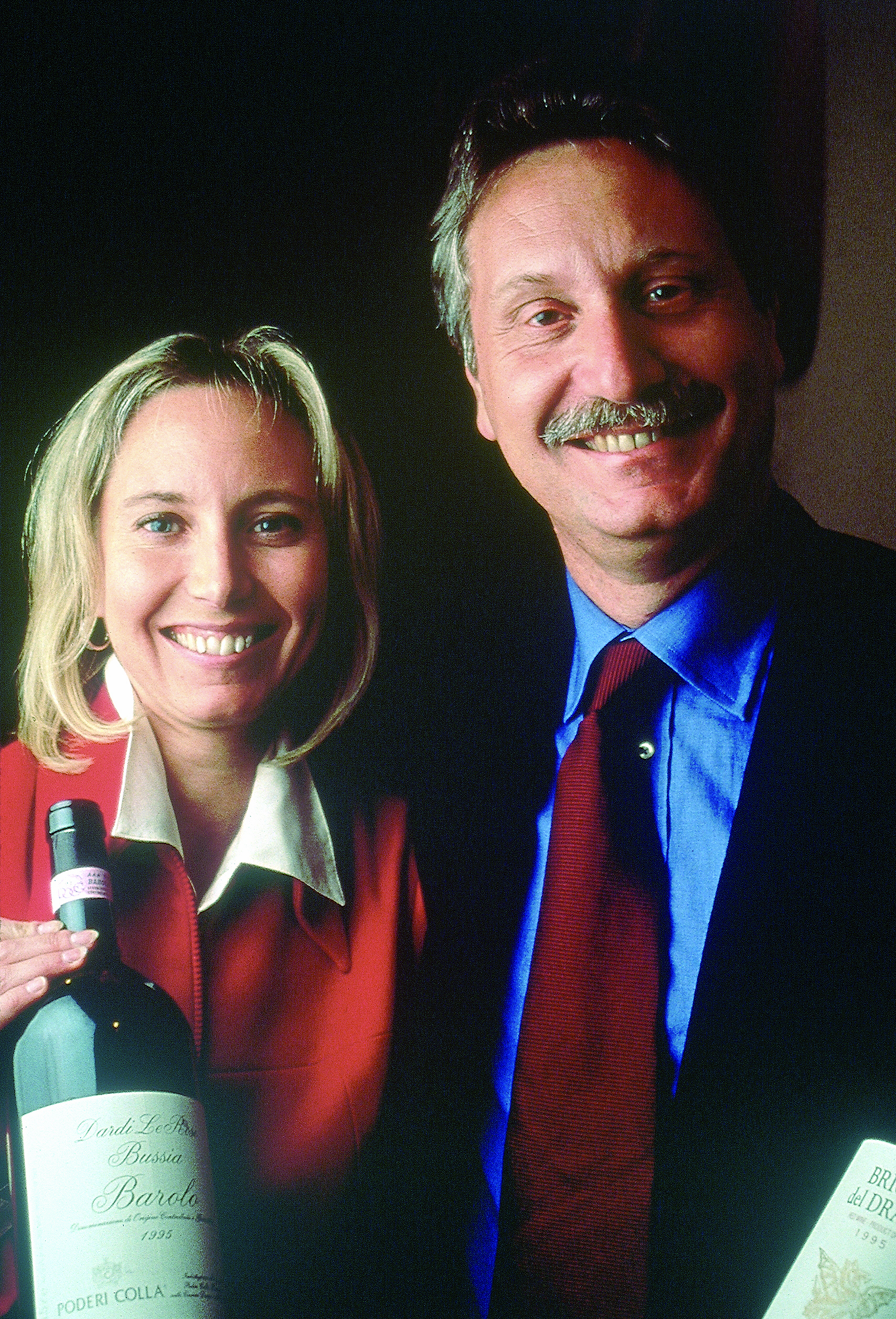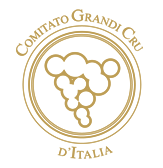
Colla Wineries
This post is also available in:
 Italiano (Italian)
Italiano (Italian)
The Colla family has always had a strong bond with wine; the official records dates back to 1703 when Carlo Colla produced and sold bottles of Rosatello, Negro wine, and white wine.
For many years, Beppe Colla was one of the most successful protagonists of the winemaking in Alba. In 1994, Tino Colla and his niece Federica, with the precious help of Beppe, gave birth to Poderi Colla, which are now in Cascina Drago, in San Rocco Seno d’Elvio (CN): one of the most beautiful and fascinating places in the Langhe territory.
Poderi Colla actually consists of several farms: Cascine Drago in Alba, Tenuta Roncaglia in Barbaresco, and Azienda Agricola Dardi le Rose di Monforte; all those properties are in excellent positions, thus benefiting from all the key features of Alba winemaking tradition.
The first facility covers an entire hill, stretching over 62 acres, 30 of which are planted with vineyards. The vines offer a splendid sight all around the farmhouses, where the offices, the wine cellars and the Degiacomi Museum are located. The latter is a “peasant museum” created by the previous owner, Luciano Degiacomi.
Tenuta Roncaglia, named after the nearby village (its old Roman toponym “roncaleis” means “uphill road”), is one of the best winemaking places on the side of the hill between Roccalini and Treiso – as recorded by Alessandro Masnaghetti, one of the best Italian winetasters in his official list of Barbaresco Cru.
Dardi Le Rose, in the municipality of Monforte d’Alba, also features a remarkable reputation. Lorenzo Fantini mentioned it in his “Viticulture and oenology of the Province of Cuneo”, in 1880; also the “Atlas of the Grandi Vigne di Langa”, published by Arcigola Slow Food, and based on oral testimonies collected about historical crus of Langa, speaks enthusiastically about this very location.
In all those estates, the true respect for the environment and for the vine is the basis of all the winemaking activities, aimed at thoroughly respecting their natural development.
The grassing in the rows used both to cope with soil erosion and balance the very strength of the vine, is hardly ever managed by machines; fertilization is mainly organic and is carried out only in case of absolute necessity, with different methods and doses according to the needs of the plants and the state of the soil.
With regard to phytosanitary defence, a very minimum amount of pesticides has been used for years, and only for very limited spells of time and at incredibly low dosage.
This post is also available in:
 Italiano (Italian)
Italiano (Italian)
Contatti
San Rocco Seno d'Elvio, 82 - Alba(CN)
173 290148
info@podericolla.it
Altre info
su prenotazione


